Authorial Brutality and Sugar-Coating Readers’ Experiences
 A few years ago, I had the privilege of being guided in my writing by Robin Wall Kimmerer, the author of Braiding Grass, among other books she has written. She taught us about the connection between writing and plant life, how to embed elements of nature into our narratives, and commented on our personal essays. I had written one about my suicidal ideations and how they trickle into my life, my mothering, my living whenever hopelessness seeps into it. The nature I write about is not plant life, but rather, human nature. Our nature to thrive in spite of our toxic surroundings, like many plants and wildlife Robin highlighted in her work.
A few years ago, I had the privilege of being guided in my writing by Robin Wall Kimmerer, the author of Braiding Grass, among other books she has written. She taught us about the connection between writing and plant life, how to embed elements of nature into our narratives, and commented on our personal essays. I had written one about my suicidal ideations and how they trickle into my life, my mothering, my living whenever hopelessness seeps into it. The nature I write about is not plant life, but rather, human nature. Our nature to thrive in spite of our toxic surroundings, like many plants and wildlife Robin highlighted in her work.
During our one-on-one meeting, she called me a poet, a writers’ writer, and I was humbled by her attention, her ability to see my work as a gift and not just as cathartic rambling. And then she asked me a question that made me think about my attitude toward my audience. She said, “Your writing is powerful. Painful. Brutal. It may alienate your readers because there’s so much pain in your imagery. Perhaps you can alleviate this experience for your readers by embedding some stays of quiet. Some natural pauses that move away from the dark elements of your work.”
Without blinking, I explained to her my position as a writer: I don’t want my readers to be alleviated. I want them to experience the pain, the brutality. As I did. As they do. It’s only when tension exists, when we feel uncomfortable in our bones and in our skin, that we wake up from complacency. I want them to feel it all and to know that I feel it all. It’s how we connect with our readers, it’s how I connect with women who have had similar experiences to my own. They are the women I write for. Because they know what I know. Have lived what I have lived. And I want them to know they are not alone.
Wall Kimmerer smiled at me then. Nodded her head. She understood. My authorial choices were not formed out of ignorance. They were shaped out of survival, compelled to connect with women whose pain resembled my own. It’s the kind of writing, the kind of brutal honesty, I look for in women whose writing I read. When I find myself in the undisguised writings of Kate Chopin, Charlotte Perkins Gilman, Audre Lorde, Eve Ensler, and Roxane Gay, when I hear their voices echoing my aches and isolation, that is when I am most found, as a woman, a feminist, a writer. That is when I belong to my sex and the many experiences we share and endure because of our sex.
Yes, my writing has been described as “brutal” and “raw,” but I love these terms because this description is accurate and powerful. I am brutal. I am raw. When I write, whether poetry, fiction, or nonfiction, I write to exhume ghosts and unearth truths and lies we have been conditioned to tell ourselves as women. I write with an unscripted and feminist tongue. A disruptive one that examines women’s lives in the face of rape, suicide, the dark parts of motherhood we don’t like to talk about, prostitution, and the patriarchal institutions we enter and serve even while they are designed to mute our independent and agented nature as individuals. Like religion. Marriage. Military. Politics. Media.
Since childhood, we have been raised to believe that we are soft and kind and made of sugar and spice, but that spice better only come out when warranted. But life is not soft and kind for women, and spice is not the worst that we endure and suffer and must survive. We live in a hard and cold world, a society that would prefer we keep quiet, isolate ourselves from other women, so as not to share our woes and realize how similar our lives are, how similar our pain is.
We are raped and abused and silenced, and then we are expected to fold ourselves neatly into marriage and motherhood, as if the post-traumatic stress disorders and symptoms do not exist, do not inevitably trickle into our mothering, our loving. But they do. They seep into our homes and daily, domestic living, like poisonous gas, and they disrupt the societal requirements we have been told are good for us because our bodies and souls and natures were made to be soft, to love, to gently abide war and hunger and rape and violence that men pursue and propagate.
As women, we are shut out of male-dominated spheres, more often told we are attractive than brilliant, appreciated for our sexiness rather than our agency and independence, and admired for the ways in which we sacrifice our bodies, our selves, rather than for pursuing our dreams and actualizing our own desires. We are wives and mothers and workers who learn, one lesson at a time, how to become soft, remain quiet, and assume passivity in a society designed for male agency and female submission. All the public spheres of patriarchal society are infused with covert and overt messages that put us in our place and remind us to stay put. In the home. With the children. As keepers of peace and domesticity intended to provide succor and rest for the downtrodden man and his nuclear family, with him at the head of the table, head of the institution.
I have lived in this world. I have played by the rules. I have assumed the secondary roles assigned to me as obedient daughter, wife, mother, working part-time to raise my kids, cooking and cleaning, allowing my resume to stagnate for the sake of the nuclear family. I have allowed myself to be degraded, derailed from my dreams, my truth and strength muted for the sake of raising and loving and growing my children and our family.
I know many women who quietly abide in this world. They have also played by the rules. But in the end, we all find ourselves in the same place: we are left alone, in the debris and ashes of other people’s dreams and hopes, while required to lay our own dreams and hopes to the waist side for the sustenance of others. Our children. Our husbands. God. And a country that bends its head to patriarchal conditions and norms that socialize men and women into binary and sexist roles that only serve men and children.
So, what happens to us, to the women, the sacrificers, the silent ones, when the men and children are grown? They’re left trying to figure out how to make sense of a life lived in service of others. They have to figure out who they are in the face of absence: the men are off at work, or golfing, or traveling, or leaving them for younger women; the children are off to college, internships, and a life with them at the center and their mothers on the margins.
I have lived in this world and have been writing about it simultaneously in all the genres that my writing escapes into. I have been silenced all my life, by mothers and husbands and children and other women, expected to commit to this silence, but while my lips smile, my body bends, and my voice trembles with discernment, my writing has always assumed the disruption and agency my girlhood and womanhood have been too fearful to address. In the pages of my writing, I have felt safe and loved and accepted for who I truly am — not the woman I have been pretending to be. While soft and quiet and subdued in life — by life — I am brutal and hard and raw with my words when I write.
When I am asked who my audience is, I tell women that I write for us. The silenced. The sacrificed. The ones who surrender their voices because they have been told that this is how women love, heal, belong. In my writing, I don’t belong. I just am. As myself. And I write that way. On the margins, about women on the margins, like me. Like you, perhaps.
I write for me and for you. And this is why I don’t sugar-coat my narratives, my words, the brutality and rawness of my writing. My writing is not soft and kind and attentive to readers’ emotional needs. This is not because I don’t care about my readers, but because I care more about the issues — the rapes, the abuses, the sex tropes that diminish our agency as individuals and foster our complicity as women.
I write to awaken, to shake complacency out of feminine shoulders that have been carrying the weight of love and expectations and failures belonging to those they love. I write out of love for those of us who have an ache inside of us that needs healing, a voice, a way out of subservience and servility that has been deemed inherent to femininity. I howl like Ginsberg and let out Whitman’s barbaric yawp, like a man, and my words nip and bite to get to the poison that compliance and duty have injected into our veins under the guise of motherhood and wifehood. I write for you, and for me, with the kind of brutality necessitated by decades of yielding, so that one day, our voices will not only howl in our writing but also in the physical, actual spaces of our lives.
—
Marina DelVecchio, Ph.D. is a college professor and the author of Dear Jane (2019), The Professor’s Wife (2021), and The Virgin Chronicles (2022). Her work can be found online and in print.
Social Media:
Website: https://marinadelvecchio.com/
Facebook: https://www.facebook.com/Marinagraphy/
Instagram: https://www.instagram.com/marina.delvecchio/?hl=en
Twitter: https://twitter.com/marinagraphy
THE VIRGIN CHRONICLES, Marina Delvecchio
BUY HERE
Category: How To and Tips

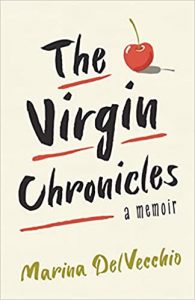 Kathy is a virgin in her twenties trying to navigate the blurred lines between sex and love even as outside forces attempt to detach her from her sexual autonomy. At home, her adoptive mother’s eyes investigate her body for evidence of sexual promiscuity and, despite her protests, she is called a
Kathy is a virgin in her twenties trying to navigate the blurred lines between sex and love even as outside forces attempt to detach her from her sexual autonomy. At home, her adoptive mother’s eyes investigate her body for evidence of sexual promiscuity and, despite her protests, she is called a 


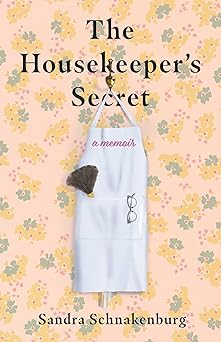






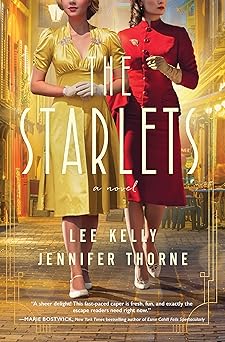
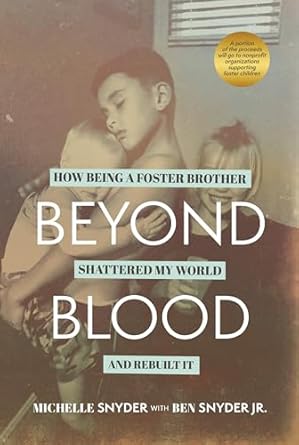
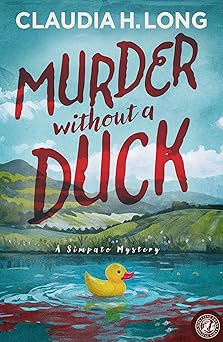
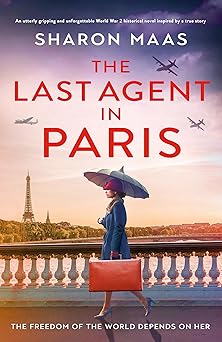
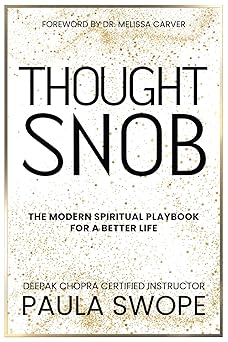
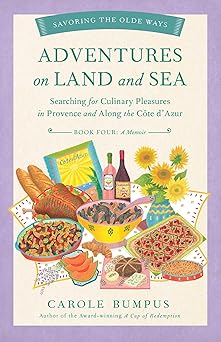
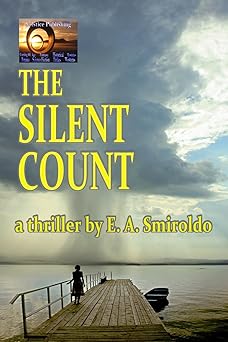
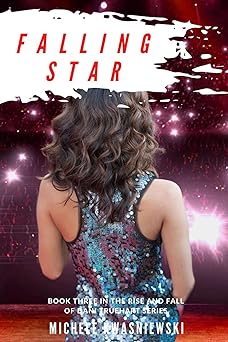
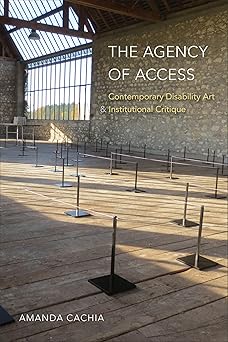
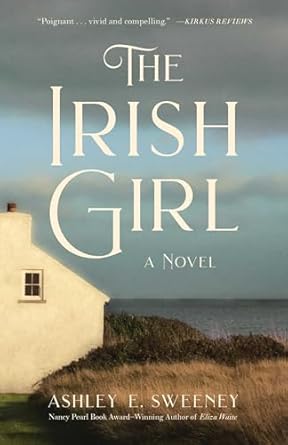
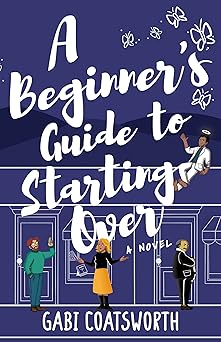
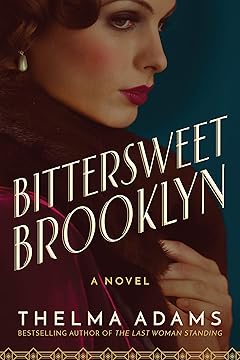

Wow. Thank you for being bold, raw, and brutally honest.